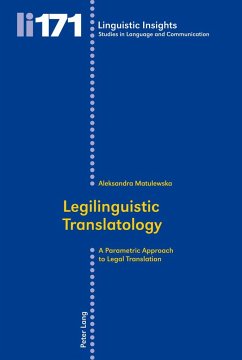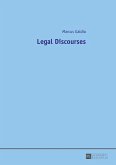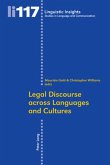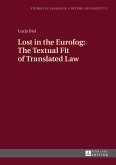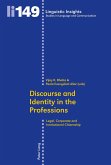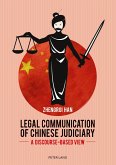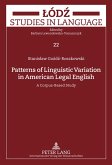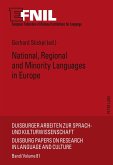With the purpose of making the process of legal translation accessible to investigation, the author resorts to the parametrization of translational reality as an inalienable component of her translational theory being proposed here for consideration. The aim is to propose a more precise theory of legilinguistic translation which compels the author to clearly distinguish primitive terms and postulates. These latter specify the image (model) of the reality in question in terms of relevant dimensions used to characterize a set of translational objects and relations. The dimensions secure a systematic examination of the translation reality and process. In order to illustrate the practical application of the parametrization in legal translation, the discussion concerning this translation approach is limited to certain selected types of legal communicative communities which is amply exemplified. The research is based on data and information gathered during an in-depth case study of translations and parallel text corpora mainly in the field of civil law including insolvency and bankruptcy law.
Bitte wählen Sie Ihr Anliegen aus.
Rechnungen
Retourenschein anfordern
Bestellstatus
Storno

